
There's still time to vote! Visit this page on the AIChE site to have your say in AIChE's future. Below you'll find the final question in the series. Note that this was an optional question, so you won't see a response from every candidate. Answers are shown in alphabetical order by position and the candidate's last name. In addition to learning about the candidates here, you can also learn more about candidates and the election process on the AIChE election page.
Q: [optional] What is your best memory of being a young engineer?
For President-Elect
Tom Hanley
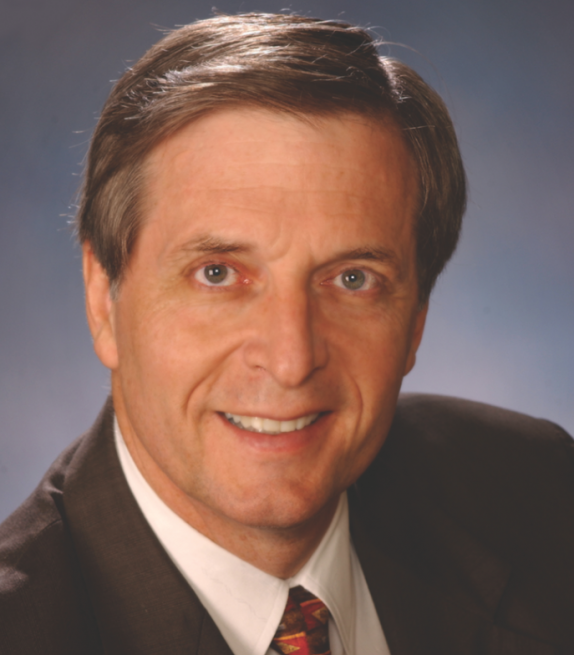
While I can recall a number of positive professional memories from the early years of my career, three occasions are most prominent. When I received the employment offer for my first faculty position, I was both excited and challenged. The offer marked a culmination of everything I had been working for while I was in graduate school and during my military service as an engineering researcher. The offer made the time spent to that point in my career both worthwhile and rewarding. I also remember the first time I presented a paper at an AIChE meeting. Having the opportunity to speak to colleagues who had written the textbooks I had studied and whose work I had reviewed during my research efforts was both an honor and a privilege. I was fortunate to serve as the student chapter advisor in my first academic position. Our chapter received AIChE Outstanding Student Chapter Awards each year I was the advisor, and I received the AIChE Outstanding Student Chapter Advisor Award. This recognition from AIChE was both appreciated and stimulating and illustrates how a professional society can positively impact the careers of its members.
Gregory Stephanopoulos
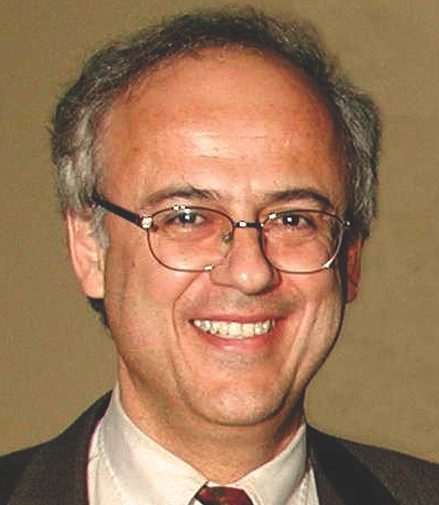
My first AIChE meeting. I still remember the thrill of traveling to Miami Beach as a young assistant professor, presenting my work and meeting with other colleagues, including some of the legends of our profession. I had chosen to work in academia because I loved teaching and the interaction with a group of people that stays always young. That AIChE meeting gave me the opportunity to listen to talks by industrial speakers and appreciate how classroom fundamentals were being translated into real industrial practice. These meetings also helped make my first consulting contacts which have been invaluable in my career ever since. They taught me the limits of theory, exposed me to some real problems that drove first class fundamental research in my and other labs and made me appreciate the multitude of difficult steps that a promising technology has to go through before you see an industrial plant constructed. I have only missed one annual meeting since then. That first meeting was also catalytic in attracting me to the emerging field of biotechnology. That was the time of recombinant revolution which was opening the doors to newly discovered opportunities in harnessing the enormous potential of microbes for producing life-saving pharmaceuticals but also fuels and chemicals. Most exciting was the realization that the basic tools of chemical engineering were just as good for understanding biological processes as traditional chemical ones. We have come a long way since then in engineering little microbial factories to make products like insulin or butanediol, however, I will never forget the talks in Miami Beach that inspired this work and laid the foundations of modern biotechnology in chemical engineering.
For Director
Rich Calabrese
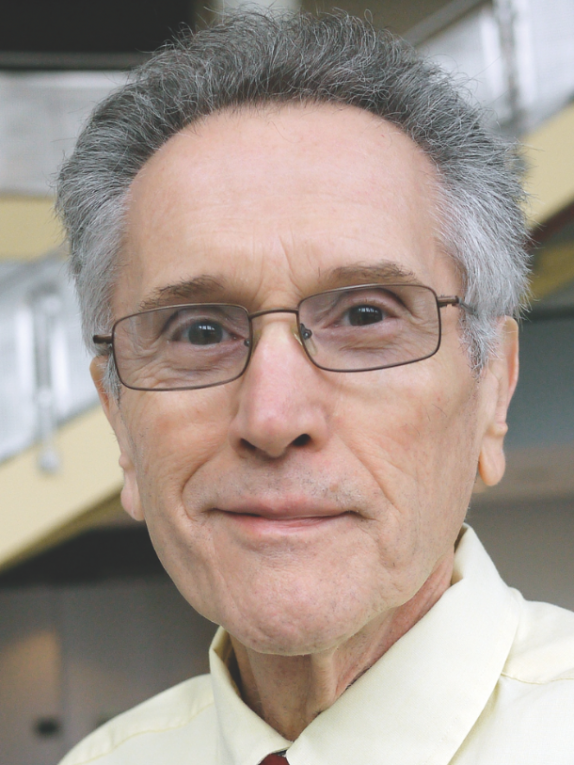
My fondest memory as a young engineer was when I purchased my first electronic calculator - a Hewlett-Packard HP 45. It did both trigonometric and exponential functions. In 1970, I paid a mere $400 (plus tax - no internet). It allowed me to put away my slide rule and significantly increased my ability to explore new ideas. I could get twice as much done in half the time. I could not imagine the modern computer, internet or smart phone. Times have changed for me and will change even faster for you. So be prepared for new technologies (and challenges) beyond your imagination and to contribute to their development.
Alan Nelson
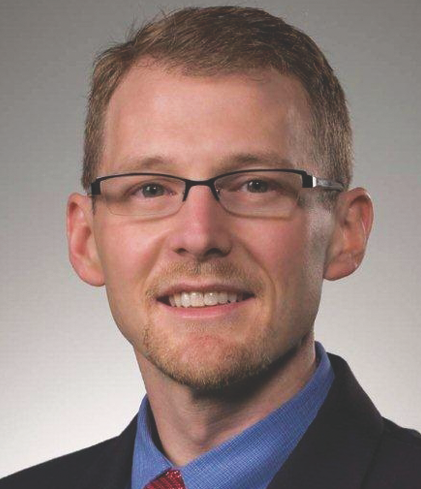
One of my first projects as a young engineer was to develop a new coating for a high brightness, high gloss grade of paper. This was the type of project that most engineers dream about - develop a solution and manage it all of the way through a plant trial. I remember jumping at the opportunity, but quickly realizing the difficulties that lie ahead. This was not easy. I worked nights and weekends to solve technical issues, begged for resources and pilot plant time, coordinated plant trials, and scheduled printing validation of the final paper. Although there were many challenges along the way, they were all quickly forgotten when I heard that the trial was successful and the paper was going into production. This is the project ending that we all hope for, and with that, all of the difficulties along the journey disappear. There is nothing more rewarding than the overall satisfaction of seeing the principles and theories in action to solve real-world problems. This is what drives each and every one of us as chemical engineers. We have a strong tool kit of fundamental problem solving skills that can be used to solve the most challenging problems. Thinking about that young engineer who developed a new coating, I am reminded that my best memories then are the same memories that I am making today. Maybe we are all still young engineers.
John O'Connell
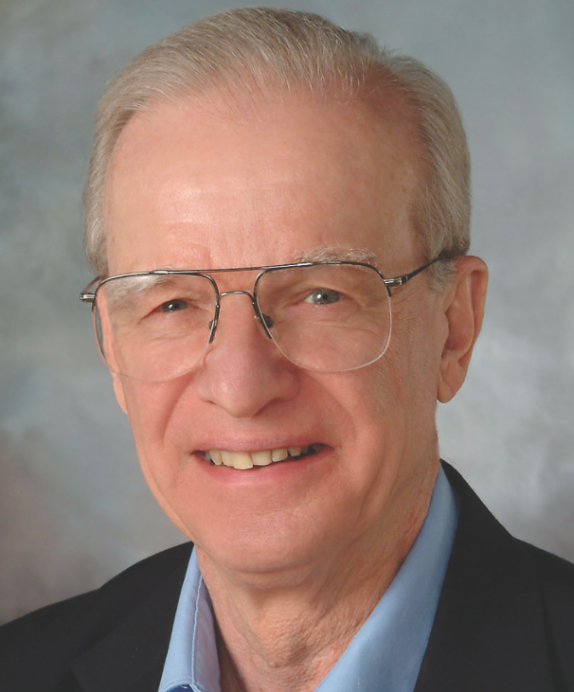
My career has always been in academia, and I have many great memories of my first few years of teaching, research and professional service. In addition, a few of my best memories are of being a "real" engineer at the MIT Chemical Engineering Practice School at Oak Ridge, TN, and the following summer as an intern at Union Oil Company in Brea, CA. In both places, I was able to work with real equipment to figure out what was happening, how to improve things on a wide range of scales, and communicate findings to decision makers for action. For example, the responsibility of doing graveyard shift alone on a unit making the feed for the pilot-scale testing of the first hydrocracking process, as well as writing computer code to analyze the process products with the output being sent to the company's board, was both challenging and thrilling. Another experience was establishing a protocol to determine if the vacuum pathways of a second-phase fusion power device had changed during tests - also done after 10 PM at night - was exciting, because of the device's huge size, precision, and cost, as well as my knowing the value of the information to those at high levels of scientific research. While these were assignments chosen for me by others, they provided important growth opportunities in a dimension outside of the intellectual. Later, they stimulated my goal for students to get into experiential learning, so they might become "complete" engineers and explore more of what they might like to do best.
Timothy Odi
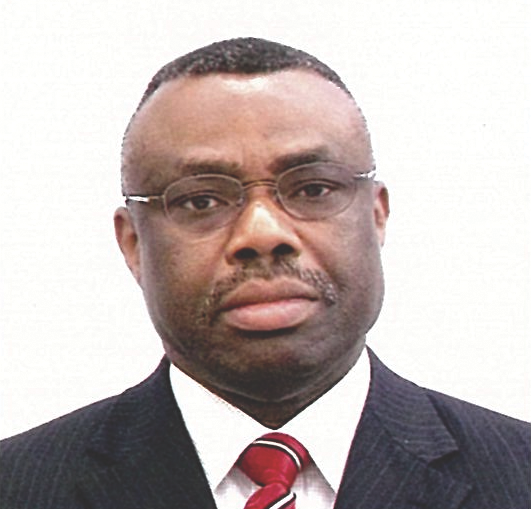
Helping to avoid an accident and injury during the dilution of sulfuric acid (98wt%) with water by operators in the plant. Advised the operators to add small amounts of the acid to the water with stirring to avoid boiling and injury from the heat of mixing, but my advice was ignored. Instead, the operators added some water to a 4-gallon container of the acid initially, and got an immediate boiling and splashing of the acid due to excessive mixing heat. Thereafter, my advice was heeded and the right concentration of the acid was achieved without further incidents. The lesson is learning to speak up on time, and respectfully too, on subjects we understand without any inhibition.
Sharon Robinson
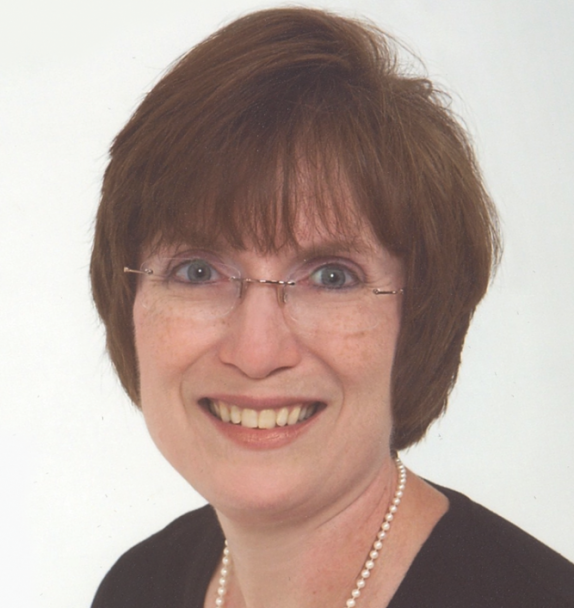
Two vivid memories stand out during my early experiences as a young engineer. When I was a co-operative education student during my junior year of undergraduate school, I worked on a "cold" pilot plant for design of a nuclear fuel reprocessing facility. My job was to test various conveyance systems for transferring simulated fuel components through the plant. I collected lots of data, but the engineers I worked for performed the data analysis. After I completed my co-op assignment and returned to college, I took kinetics class. In that class, I finally understood how the results I had collected in my co-op job could be applied to the system design. It was like a light bulb had turned on in my head - I realized I was going to really enjoy working as a chemical engineer. Shortly thereafter, I took a career planning class which reinforced my conclusion that not only would chemical engineering be an excellent match for my academic skills and interests, it was also a good match for my personality and interaction style. I realized that I would truly be in my element and "at home" working to solve engineering problems on teams with other scientist and engineers.
Shariq Yosufzai
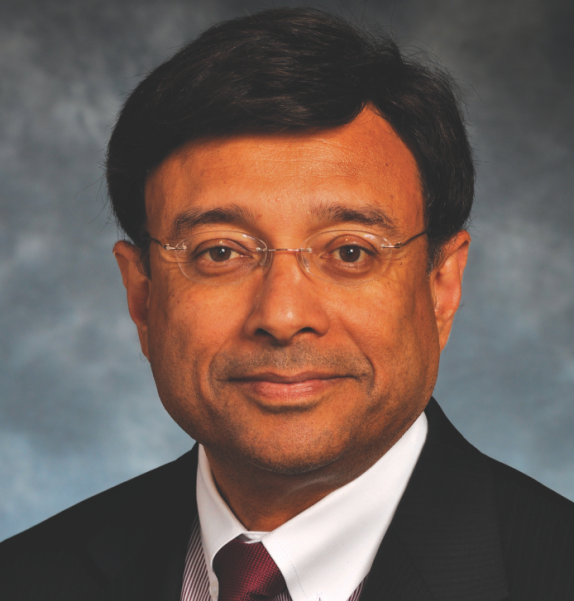
As a process engineer at our Port Arthur, Texas Refinery, I was mentored and taught by engineers. I also spent quite a bit of time learning from operating personnel - some of who did not have college degrees. As a person from the Indian subcontinent, many had never seen anyone like me before. It was a career defining experience. I learned about listening, collaboration, and teamwork from people who took an interest in me and helped shaped my future. They provided me with discretionary coaching, counseling and people skills to see different viewpoints and understand the importance of collaboration. I owe a great deal of my success to this experience.


